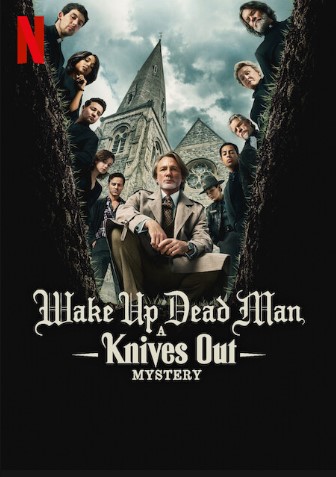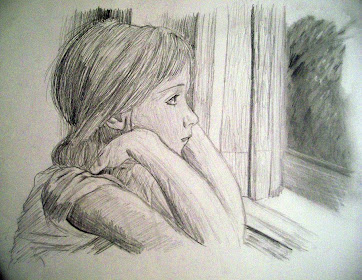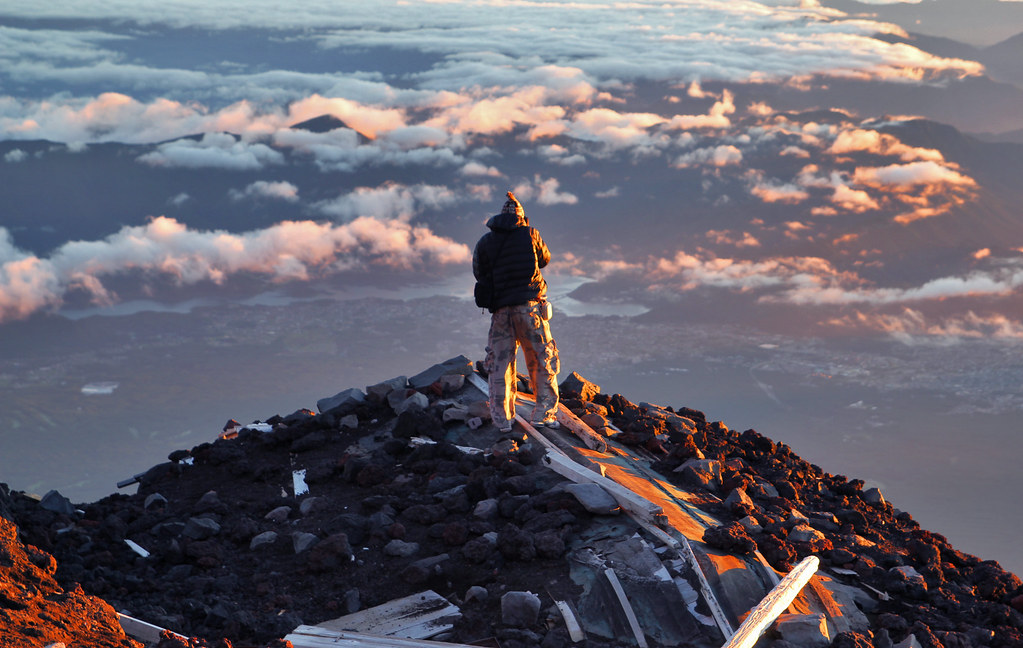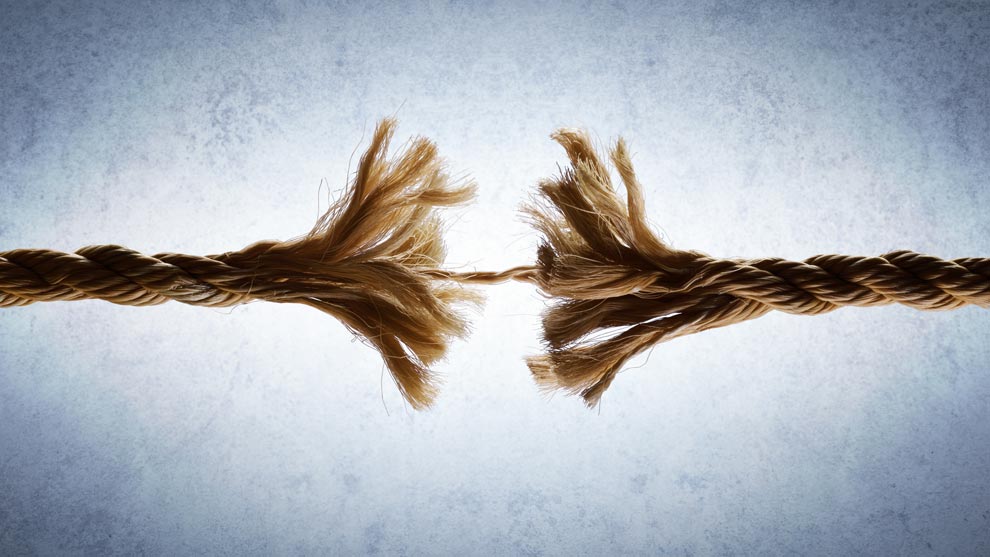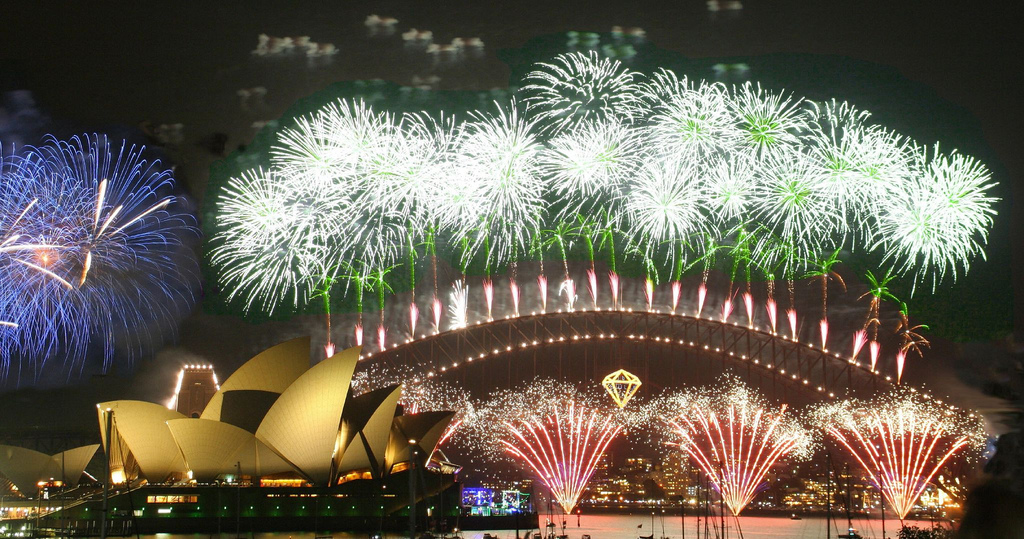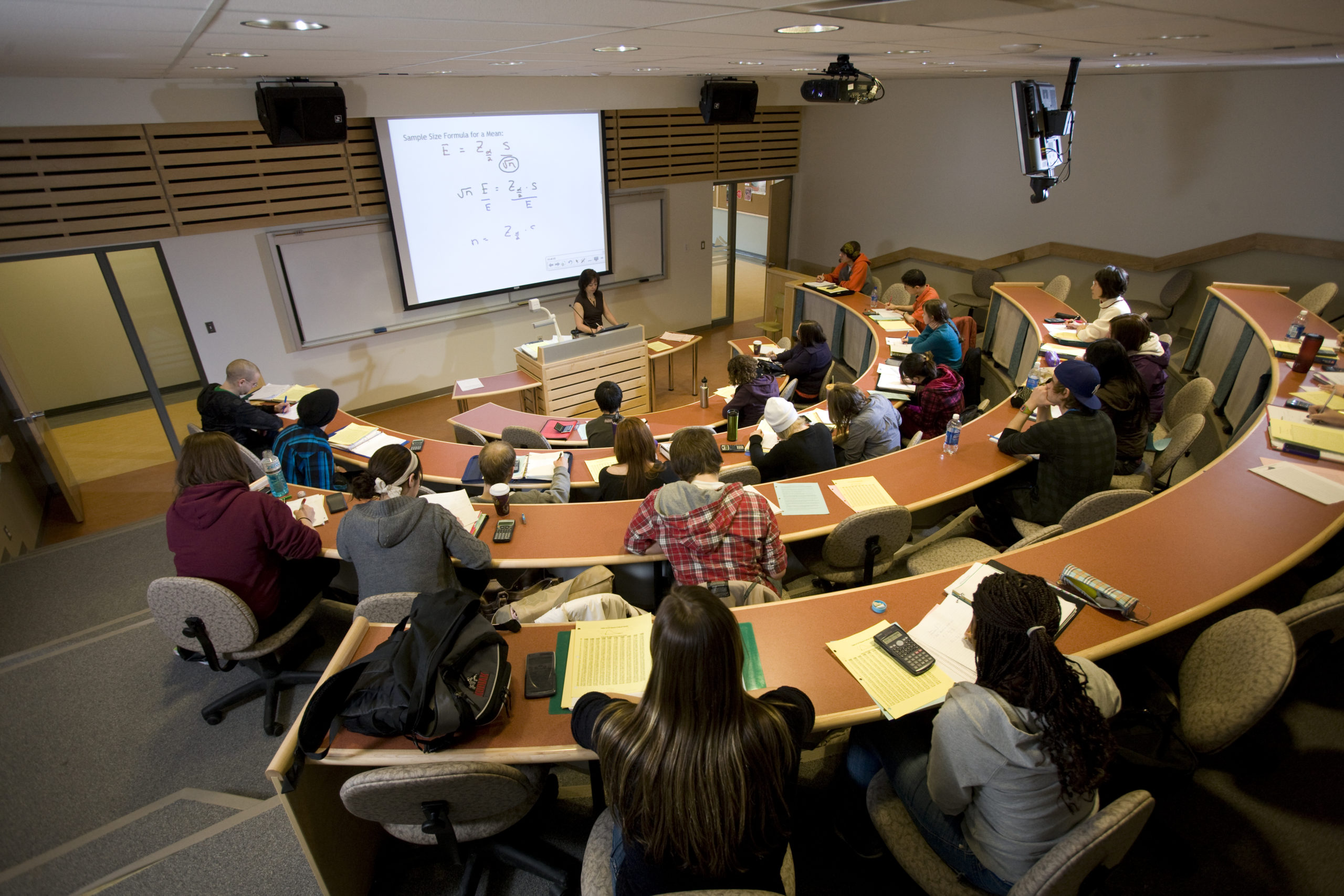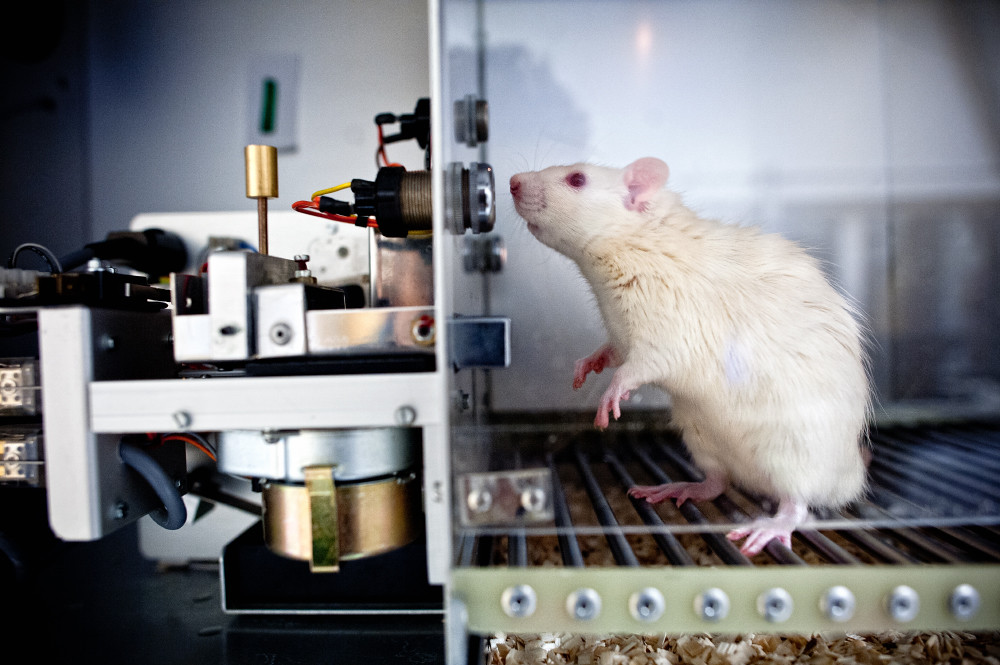This will be something a touch different from the regular fare; it's my research proposal that I wrote for my Masters of Creative Music Therapy degree, one of the final projects that we had. There's also a presentation that we needed to do of the proposal, which is worded a bit differently (because you only had 15 minutes + 5 minutes of questions), which I was hoping to get filmed and then put up afterwards, but didn't quite get there. So, thought I'd just put up the whole thing here instead!
Some notes before we start; this is written with the audience in mind being people who already have some understanding of therapy, so there's probably some jargon in here that I haven't sufficiently explained. If so, I'll try and jump in with parentheses in italics (like this) to make it clear that it's separate from the original document.
Also, this is talking about spiritual and/or religious trauma! So if that's something that you've dealt with, it's possible that there will be triggering content for you in the text below. Not knowing you and what you've gone through, I can't guarantee whether that will be the case or not; while I'm not going into detail about what that trauma can look like for people, there's still mentions of traumatic events. Judge for yourself what's going to be comfortable or safe.
Finally; this is only a research proposal. It's theory. But if you'd like to see something like this come to fruition, or if this is something that you've dealt with and think that music therapy would be helpful for you, let me know! Leave a comment below, or you can contact me via my email address. I would in the future love to be working with people that have gone through spiritual trauma, so please do get in touch!
Soul Rest: An Exploratory Study Into the Use of Music Therapy for Those Dealing With Spiritual or Religious Trauma.
Abstract
Spiritual and/or religious trauma (hereafter referred to as SRT) is a growing phenomenon in recent decades, with more articles and books on the subject being written by the day. But while this is a growing field of research and understanding, so far there has been no music therapy research in this area. Given that music is typically an instrumental part of religion and spirituality, it stands to reason that it could serve a unique role in reaching those who have suffered SRT. As such, this research proposal is for an exploratory study in the area, to determine whether — and how — music therapy can help people dealing with SRT.
The format this study would take is a group music therapy program for between four and six participants, with a one-hour weekly session over ten weeks, using songwriting as a core focus. Individual interviews would also be conducted at the beginning and end of the program, and sessions would also be recorded for later thematic analysis. The inclusion criteria for the study would be adults with English comprehension that self-identify as dealing with SRT. Findings would be chiefly qualitative due to the exploratory nature of the study, with limited quantitative data available.
It is expected that music therapy would be effective in working with clients with SRT, but that care would need to be taken in not triggering traumatic responses through the music used, particularly in that group context. Songwriting is anticipated to be particularly beneficial here, though other methods may also see some success.
Music therapy is a method worth exploring when working with SRT, that deserves more research and investigation in the future. Suggested avenues for future research include individual rather than group sessions, or focussing on specific subsets of the population.
Introduction
In this day and age, most people know someone dealing with spiritual and/or religious trauma (which from now on will be shortened to SRT); stories of priests molesting kids have become pervasive, and well-documented – with these now entering the cultural zeitgeist through avenues such as the film Spotlight (McCarthy, 2015). The term “deconstruction” (referring to a gradual process of ‘deconstructing’ one’s spiritual or religious beliefs) has grown in popularity and usage over recent years (Hollier, 2023), and with the increasing use of social media, people have been able to connect and find communities online to share their experiences.
However, while there has started to be some recognition of this trend amongst wider academia and psychotherapy in general, there is to date no current music therapy research on SRT. As such, this research proposal intends to determine whether music therapy can be helpful for those dealing with SRT, and start to give some suggestions as to how it may best do so.
To start, however, we must first define SRT, to get an understanding of how we are to continue. Stone (2013) defines this trauma as “pervasive psychological damage resulting from religious messages, beliefs, and experiences.” As the reader may be able to understand, this means that SRT covers a very broad space within trauma, and can present or be caused in a number of different fashions. This presents a challenge to the therapist – and to research – for though there are commonalities in the cause of this trauma, the differences between individuals’ experiences may be significant.
Because of this, any program would need to be designed to fit the individual participants, rather than having a set structure from the start. As such, only a loose framework for the program is currently being proposed, with more detail to be confirmed after participants were found. The proposal is for a group therapy program, run over the course of ten weeks, with a one-hour session each week, for between four and six participants dealing with SRT. Songwriting would likely be a core focus of the program, and individual interviews would be conducted both pre- and post-program to gather data to be later analysed through thematic analysis.
While there are many questions that are left unexplored and unanswered about SRT in the context of music therapy, the scope for this proposal is just a small pilot study, to gain initial findings and hopefully promote future research in this area.
Literature Review
As there is currently no music therapy research in the area of SRT, a two-pronged approach seemed most apt to this literature review: looking first at the current SRT literature and seeing what the current recommendations are for other forms of therapy, and how these might be adapted to music therapy; then second, considering the music therapy literature around other forms of trauma, and how these may be similar or different to working with SRT. Then, we will join these findings together, to determine the best path forwards.
Research on Spiritual and/or Religious Trauma
Zaeske et al. (2024) conducts a scoping review (basically a broad look at a particular topic, trying to put all the info in one place) of literature in this area, from the perspective of psychotherapy (though coining a more unfortunate acronym) (for those interested, the acronym in question is ARSE - Adverse Religious/Spiritual Experiences. You can see why I made my own acronym!), and made such recommendations as using a trauma-informed approach, being aware of the difference between helpful and harmful coping, and facilitating intrapersonal work. They also highlighted the potential benefit of group therapy. Stone (2013) concurs on the point of group therapy, but amends that it should commence after individual therapy, and that the individual therapy should still continue while group therapy proceeds. She also warns the therapist to be particularly aware of transference and countertransference (these are therapy terms that refer to when the client connects emotionally to the therapist in a particular way, and vice versa) in this context, because of the strong emotions that can be tied to this sort of trauma.
Askari & Doolittle (2022) take a different approach, instead investigating ideas to improve the health of LGBTQ Muslims. Their research highlights the high prevalence of LGBTQIA+ individuals within the population of those experiencing SRT, and the higher levels of depression and anxiety experienced by these people. While the majority of the research on SRT has centred white Christians, Askari & Doolittle do an admirable job of bringing to light the struggles of queer Muslims, and showcasing examples of affirming spaces for people to talk about both their religion and their queerness. This highlights the importance of clients in a group context being able to talk openly about their religious and spiritual experiences, regardless of their current religion (or lack of). Hollier et al. (2022) looks more specifically at SRT for queer people in Australia’s evangelical churches, and demonstrates that a key point for many in this situation is the prevalence of microaggressions – small behaviours or words from others, particularly those in the church, that unconsciously or unintentionally convey this sense of othering or being less. As such, the therapist needs to be especially mindful of their own actions and words during sessions, even things like facial expression.
Farrell (2025), doing a phenomenological inquiry (this focusses on understanding lived experience through the perspective of the subject) into the impact of SRT on millennials specifically, highlighted challenges around sex and sexual topics because of the absence of sexual education (or indeed, miseducation); this may be an area that therapists could find challenging or confronting to discuss with their clients, but if they are going to intentionally start work on dealing with SRT, they need to understand the likelihood of this coming up as an issue. Within a group context this can be increasingly awkward, and make it more difficult for people to open up, particularly if participants have differing views; as such, the therapist will need to be prepared to work through this, encouraging openness and potentially sharing some of their own experiences (where safe and relevant) to facilitate this. Another important point for therapists to be aware of is reported on by Jones et al. (2022); conversion therapy, an unfortunately common practice held by many churches over the years (though thankfully now illegal in many areas) where, most commonly, homosexual people were pressured by the church through various means to become heterosexual. Homosexuality was seen as sin, and needing to be healed; people that went through this treatment are more likely to have PTSD, among other challenges.
Music Therapy Research
Beer & Kwoun (2024) conducted a scoping review of music therapy conducted with survivors of intimate partner violence and sexual assault, and found it to be an effective method; however, they recommended that therapists seek formalised training around trauma-informed practice. Alexandre et al. (2025) conducted a longitudinal (a study done over a long period of time) mixed-methods study on over 180 men and women, evaluating music therapy with a focus on songwriting, with the purpose of focussing on mental health, specifically anxiety, depression, and PTSD. They found that the rates on all three dropped significantly post-treatment, and that participants reported increased self-worth.
Likewise focussing on songwriting, Hatcher (2007) did a case study working with a man living with HIV/AIDS and Complex Post-Traumatic Stress Disorder, and detailed the positive effects that music therapy and songwriting played in that process, using a qualitative and narrative focus. Similarly, Noyes & Schlesinger (2017) conducted a review of songwriting in music therapy specifically in relation to PTSD, specifically looking at applications for the ICU; they found that songwriting held “great promise” as a possibility for that context, considering the current evidence available.
Conclusion
As has been shown by this literature review, music therapy has been demonstrated to be effective at working with various forms of trauma, via songwriting or other methods. While there are many considerations when working with SRT, these do not seem to be reason to believe that music therapy would be ineffective in this context. It has, however, given us certain factors to be aware of when designing the study and program.
Research Questions
The core research question at the centre of this proposal is thus: Is music therapy an effective and safe technique for working with adults dealing with SRT? Such a question immediately poses numerous clarifying questions; such as what specific music therapy methods would be most helpful, whether group or individual music therapy would be more successful, or how its effectiveness compares to other methods. However, considering that this is the first foray into this area of research from a music therapy perspective, it does not make sense to complicate things at this stage; as such, this proposal is only concerned with whether music therapy is effective in this context, and attempting to detail how it is (or isn’t) through the data collected.
Utilising the PICOT framework (Feldner & Dutna, 2024), we can narrow down to a more specific question to help focus our attention; the Population being of course clients dealing with SRT, and the Intervention being music therapy (with a focus on songwriting). There is no Comparison group for this pilot study. The intended Outcome would be to help clients process their trauma, and the Timeframe is ten weeks. As such, we get the following:
Population: Adults dealing with SRT
Intervention: Music therapy (songwriting focus)
Comparison: N/A
Outcome: Helping clients process trauma
Timeframe: 10 weeks
Question: Can a 10-week music therapy group program help adults dealing with SRT process their trauma?
Method
Participants
As discussed previously, the design of this program will rely on the participants; as such, we’ll first look at the details of the participants for this study. The group has a proposed size of four to six people, and would be for adults (here meaning people eighteen years of age or more); also, the researcher only being able to speak English would mean that participants would need to be able to understand English, and communicate effectively with the researcher. Participants would be selected from a population of those who self-identify as dealing with SRT. They would also need to be able to attend a one-hour group music therapy session once a week, at a time coordinated between the researcher and final participants.
Because of the diverse nature of SRT, a stratified sampling technique (where the population is grouped into various "strata" according to a chosen factor, and participants are chosen so that there's an equal representation across the strata) would be used to select participants for the study. Strata could be defined in a number of different ways for this context, but the simplest would seem to be religious background; e.g. Catholic, Anglican, Muslim, Buddhist, Jewish, etc. Which strata are able to be represented would depend on how many willing study participants there were, which would be affected by factors such as amount of time to recruit participants, and recruitment methods or communication used.
Potential participants would be informed of the nature of the study, and assured that participation in the program was entirely voluntary and could be rescinded at any time without negative repercussions for the participant. They would also be told that sessions and interviews would be video recorded for later analysis, but files would be deleted after the conclusion of the study. Any data or words of theirs that are recorded would also be anonymised.
Design
The basic design of this program, as mentioned earlier, is a weekly one-hour group setup, running for ten weeks. While there is an intended focus on songwriting, there is room for other approaches to be used as is deemed fitting by the researcher for the specific participants. The first two weeks would be centred around just building trust and getting to know each other, and the final two weeks would be centred around providing appropriate closure to participants.
As stated beforehand, the design of this program will be tailored to the specific final participants of the program itself, because of the diverse nature of SRT, and likewise, those who deal with it. As such, the finer details of the program can only be speculated upon at this point; participants might work on writing a song collectively, or individually, or both. They may share religious/church/worship songs that were particularly impactful for them, or sections from their relevant holy book that still feel significant. Perhaps they may enjoy singing a religious song together, or perhaps that would be too triggering. So in many senses, the program would need to be designed in consultation with the final participants, a prospect also recommended by Ghetti & Ray (2023).
Another suggestion they had which is important to consider in the design of this program, particularly considering the nature of working with participants who have been through trauma, is how participants will be left after the end of the program. What resources or services will be available afterwards? Simply leaving participants without any future support is arguably unethical, and not a practice that should be continued by researchers. As such, the suggestion is that all participants would be invited to take part in future, formal sessions with the researcher, of either an individual or group nature at their discretion.
Measurement
Qualitative Data
The bulk of the data collected in this study will be qualitative (that is, subjective data, things that don't have a numeric value) , through individual interviews conducted both before and after the program. These interviews would be video recorded for later thematic analysis and comparison. While questions may be more detailed and developed over the course of time, and there would be some freedom of movement within the interview, the core questions and information to be gathered would be along the lines of those listed below.
Pre-Program Questions
• How much effect does SRT have on your current day-to-day life?
• How has SRT impacted your life in the past?
• How well are you able to manage your SRT?
• What tools or supports do you have in place to help you manage SRT?
• How open are you with other people about your SRT?
• How much do you engage with spirituality and/or religion on an external basis (e.g. church, religious groups, talking to other people about it, reading religious/spiritual texts/books, etc)?
• How much do you engage with spirituality and/or religion on an internal basis (that is, your own thoughts)?
• How much do you feel like SRT limits the amount of joy, happiness, peace, or hope you have in life?
Post-Program Questions
• How much effect does SRT have on your day-to-day life now?
• How has/hasn’t the program helped you with working through SRT?
• What was your experience of music therapy?
• Were there any techniques you found particularly useful for you with SRT?
• Are there any new supports you’ve learned that you will continue to use?
• Were there techniques you found unhelpful or of little use?
• How much do you feel like SRT limits the amount of joy, happiness, peace, or hope you have in life now?
• Do you feel more equipped now to deal with SRT than before? How/why not?
Quantitative Data
One of the key quantitative (the opposite, things that do have a numeric value) measurement tools being used for this study is the Spiritual Harm and Abuse Scale-Clinical Screener (SHAS-CS, Koch & Edstrom, 2022), found in Appendix A (unfortunately it's tricky for me to actually include it here). While there are other scales of a similar nature that have been developed in the past (Keller, 2016; Ok et al., 2024), the former has not been cited as much in other research, and the latter was developed more specifically for a Muslim population. This scale was developed in 2022 by Koch and Edstrom, consisting of 27 items listed, and then rated using a Likert scale (these are the typical rating scales where you're rating how you feel about something on a number line) of 1-5 (1 being never, 5 being all the time). There is an additional section of 11 items that just have a checkbox for if the client has experienced those at any point. Each item is a potential traumatic experience that a client may have had, organised into categories of various key factors; maintaining the system, embracing violence, controlling leadership, gender discrimination, internal distress, and harmful God-image. This would be a helpful tool for understanding participants better at the start of the study, and being able to understand commonalities and differences in trauma experiences. As the study by Koch and Edstrom is primarily based on white people with a Protestant (non-Catholic Christians) background, it will probably need some modification if being used for people from different religious backgrounds – potentially utilising some of the work done by Ok et al. (2024) on the Muslim Religious Trauma Scale.
Data Analysis
The data from the interviews will be analysed using thematic analysis (does what it says on the can, analyses the themes from what people are saying), utilising the framework outlined by Ahmed et al. (2025). Depending on the time allotted for the study, qualitative data analysis software may be utilised to assist with this step; alternatively, research assistants may be recruited to reduce the workload on the researcher, and ensure accuracy and quality of data.
Ethical Issues
Because this study will be working with traumatised participants, specifically around the subject of their trauma, how to do so in a way that does not re-traumatise them or traumatise them further is of primary concern. Endres et al. (2024) considers this issue, and has multiple recommendations that would be carefully considered in the design and implementation of the program; for instance, including extra time to build trust with participants, careful choice of location for interviews and the program, and being intentional with choice of language throughout the study.
Limitations
There are many limitations to this proposal; being only a pilot study, there’s a small sample size that the study would be working with, and limited concrete conclusions that could be drawn as a result – only indications and suggestions towards future research. Being the first foray of research in this area has also meant a lack of focus in the research; future studies could focus on more specific subsets of the population, implement individual therapy rather than group, or trial different techniques to get a clearer idea of what is most effective.
Anticipated Outcomes
It is anticipated that participants will find music therapy, and especially songwriting, helpful in processing SRT. Research mentioned previously (Beer & Kwoun, 2024; Alexandre et al., 2025; Hatcher, 2007; Noyes & Schlesinger, 2017) concur that music therapy, and songwriting in particular, have been shown to be effective in other trauma contexts, and the current SRT research gives no reason to dispute this. As such, it is predicted that music therapy will be effective in the context of SRT as well, when practiced safely and with a trauma-informed approach.
Conclusion
Spiritual and/or religious trauma has become pervasive in our modern world, but there is still a concerning lack of music therapy research in the area, and even for research in general. This is an issue that music therapists need to be equipped for, but there is currently no basis for them to work from. This research proposal suggests a pilot study that could break new ground in music therapy research, and allow practitioners to work with clients dealing with SRT with more confidence and certainty.
References
Ahmed, S. K., Mohammed, R. A., Nashwan, A. J., Ibrahim, R. H., Abdalla, A. Q., Ameen, B. M. M., Khdhir, & R. M. (2025). Using thematic analysis in qualititative research. Journal of Medicine, Surgery, and Public Health, 6. https://doi.org/10.1016/j.glmedi.2025.100198
Alexandre, A. B., Kasherwa, A., Balegamire, J. B. M., Tunangoya, J. Y., Mukanga, L. O., Buhendwa, F. Z., Rusagulira, M. O., Hilaire, M. M., Busane, P. A., Mugisho, G. M., & Mukengere, D. M. (2025). Bouncing back after trauma: music therapy, gender, and mental health in conflict-ridden settings. Discover Mental Health, 5(1), Article 15. https://doi.org/10.1007/s44192-025-00137-1
Askari, A. S., & Doolittle, B. (2022). Affirming, intersectional spaces & positive religious coping: evidence-based strategies to improve the mental health of LGBTQ-identifying Muslims. Theology & Sexuality, 28(1), 70–79. https://doi.org/10.1080/13558358.2022.2089541
Beer, L. E., & Kwoun, S. (2024). Trauma-informed music therapy with adult survivors of intimate partner violence and sexual assault: A scoping review. The Arts in Psychotherapy, 87, Article 102120. https://doi.org/10.1016/j.aip.2024.102120
Endres, S., Evers, T., & Rothenberger, L. (2024). On equal terms?: Ethical challenges in communication research with vulnerable groups. Publizistik, 69(3), 267–297. https://doi.org/10.1007/s11616-024-00856-5
Farrell, S. M. (2025). Religious Trauma: A Phenomenological Inquiry into Impacts on Millennials. The International Journal of Religion and Spirituality in Society, 15(2), 181–197. https://doi.org/10.18848/2154-8633/CGP/v15i02/181-197
Feldner, K., & Dutka, P. (2024). Exploring the Evidence: Generating a Research Question: Using the PICOT Framework for Clinical Inquiry. Nephrology nursing journal: journal of the American Nephrology Nurses' Association, 51(4), 393–395.
Ghetti, C. M., & Ray, K. (2023). Reflecting on Music Therapy Research on the Occasion of the Journal of Music Therapy’s 60th Anniversary. The Journal of Music Therapy, 60(3). https://doi.org/10.1093/jmt/thad018
Hatcher, J. (2007). Therapeutic Songwriting and Complex Trauma/Écriture thérapeutique de chanson et traumatisme complexe. Canadian Journal of Music Therapy, 13(2), 115.
Hollier, J., Clifton, S., & Smith-Merry, J. (2022). Mechanisms of religious trauma amongst queer people in Australia’s evangelical churches. Clinical Social Work Journal, 50(3), 275–285. https://doi.org/10.1007/s10615-022-00839-x
Jones, T. W., Power, J., & Jones, T. M. (2022). Religious trauma and moral injury from LGBTQA+ conversion practices. Social Science & Medicine (1982), 305, Article 115040. https://doi.org/10.1016/j.socscimed.2022.115040
Keller, K. H. (2016). Development of a spiritual abuse questionnaire (Order No. 10182382). Available from ProQuest Central; ProQuest Dissertations & Theses Global; Social Science Premium Collection. (1834106885). https://go.openathens.net/redirector/westernsydney.edu.au?url=https://www.proquest.com/dissertations-theses/development-spiritual-abuse-questionnaire/docview/1834106885/se-2
Koch, D. & Edstrom, L. (2022). Development of the Spiritual Harm and Abuse Scale. Journal for the Scientific Study of Religion, 61(2). https://doi.org/10.1111/jssr.12792
McCarthy, T. (Director). (2015). Spotlight [Film]. Open Road Films (II).
Noyes, E. M., & Schlesinger, J. J. (2017). ICU-related PTSD – A review of PTSD and the potential effects of collaborative songwriting therapy. Journal of Critical Care, 42, 78–84. https://doi.org/10.1016/j.jcrc.2017.06.014
Ok, U., Goren, A. B., & Gulmez, C. (2025). Construction and Validation of a Muslim Religious Trauma Scale. Journal of Loss & Trauma, 30(2), 167–196. https://doi.org/10.1080/15325024.2024.2412294
Stone, A. M. (2013). Thou Shalt Not: Treating Religious Trauma and Spiritual Harm With Combined Therapy. Group (New York. 1977), 37(4), 323–337. https://doi.org/10.13186/group.37.4.0323
Zaeske, L. M., Dye, A. R., Spadoni, S., Strothkamp, R., Kane, M. L., Ridgway, K., Dugan, A. J., Patterson, T. P., McEathron, S. R., & Cole, B. P. (2024). Addressing Harm From Adverse Religious/Spiritual Experiences in Psychotherapy: A Scoping Review. Practice Innovations (Washington, D.C.), 9(1), 1–18. https://doi.org/10.1037/pri0000237
